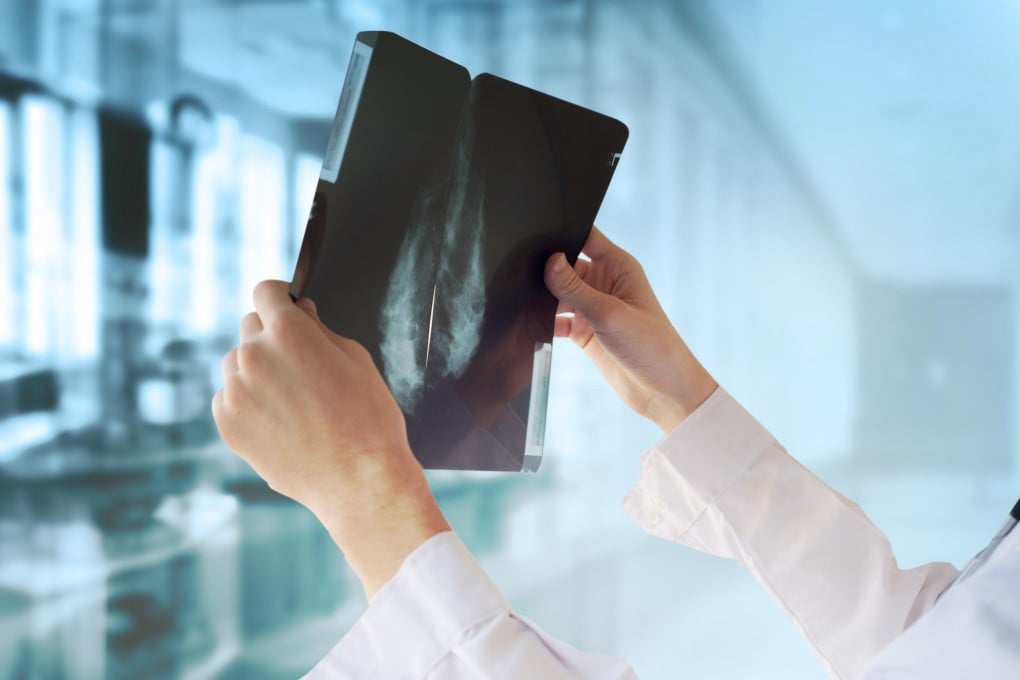Shades Off | Hong Kong should offer free breast cancer screening as a life-saving priority
- Free screening is offered for colorectal cancer but not lung or breast cancer, even though these are the three most common cancers in Hong Kong
- For breast cancer in particular, early detection can make a huge difference to successful, low-cost treatment and survival

What then, of public healthcare and diseases that kill and sicken far more people than the coronavirus each year? For one, providing free cancer screening could save and prolong thousands of lives.
The speed at which vaccines were developed to lessen or prevent Covid-19 symptoms prove what scientists can achieve if they have the resources. Decades of research into cancer has generally not made such effective headway.
Ways have been found to lower risks through changing lifestyles, avoiding exposure to known cancer-causing substances and taking medicines and vaccines to prevent them from developing. Screening is the best way to detect and treat cancer early.
We should be striving to follow up the success of the scheme with free checks for lung and breast tumours.

